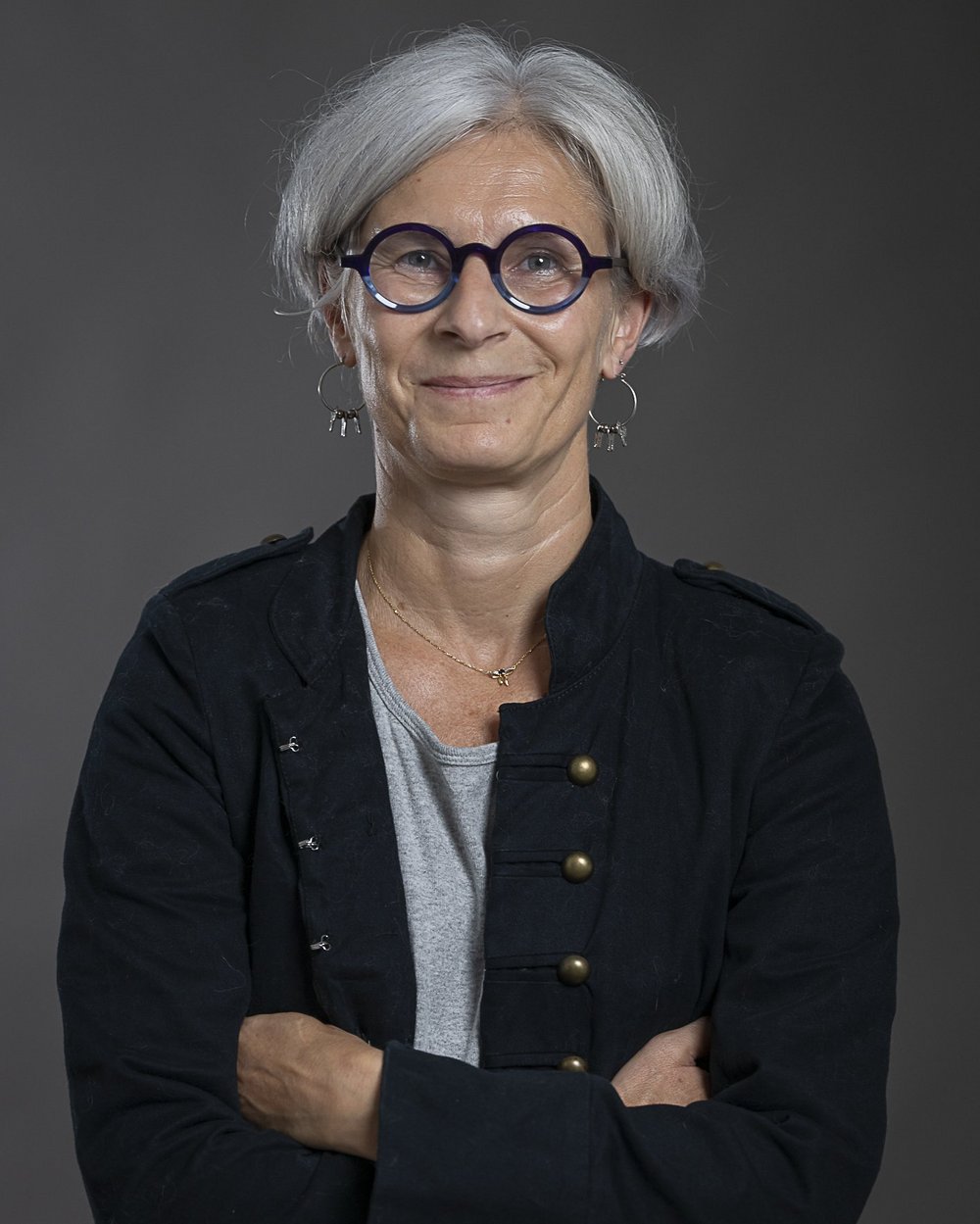After a military career punctuated by moves between various locations and jobs, Stéphanie now works in a job that is little known to the general public: assistant defence and security officer.
The purpose of this role: ensuring the safety and security of the University of Lille’s assets, staff and students
I needed to get back into the safety and security arena, and this job at the university was just what I was looking for »
Stéphanie Piquet
Drawn to careers in security and defence
Her career began with military service in telecommunications, before attending the Saint-Cyr Coëtquidan military academy to become an officer.
Stéphanie rose to the position of Director of Communications at NATO, and held management positions in France and abroad during external operations by French forces. ‘I was interested in the military from an early age, and I’ve had the chance to develop in this environment, to discover how to manage teams ranging from thirty to a hundred soldiers’.
It wasn’t until 2015 that Stéphanie joined the University of Lille (formerly Lille 2) as Director of Communications. Seven years on, and with the help of the HR department in obtaining a skills assessment, Stéphanie is focusing her career on a new position: assistant defence and security officer, a job that brings her closer to her earlier military career. ‘I needed to get back to concrete safety and security-related tasks, and this job matched my expectations perfectly’, she confides.
At the university, safety is no exception
Stéphanie’s job links the university and national security institutions. ‘Working in this profession means being responsible for protecting the confidentiality of national defence, but also for managing potential crises, working out agreements with defence authorities and establishing relationships of trust with internal security forces to ensure the safety of staff and students’, she emphasises.
As part of the university’s Safety, Security and Defence Department, Stéphanie draws up crisis management procedures, puts together crisis units and helps to activate them as a preventive measure during events such as the 2024 Olympics.

‘You have to be able to anticipate all the possible scenarios and devise possible plans of action’, she confides.
In addition to her crisis management duties, Stéphanie is also in charge of the security protection plan, applying the Vigipirate plan, and works with her colleagues to protect the university’s scientific and technical assets. ‘The aim is to protect our laboratories and research units against the theft of data, and in this way to play an overall role in economic defence by protecting the value of the institutions research’, she says.
To carry out these tasks, she draws on the university’s various areas of expertise.
Comme l’évoque Stéphanie, le périmètre de la sécurité nécessite de collaborer avec les collègues de la logistique au numérique, en passant par la protection des données, la sécurité des systèmes d’information, ou encore les relations internationales et la recherche.
A profession full of the unexpected
For Stéphanie, her job is all about the unexpected, particularly in crisis management. However, she reveals that this requires a great deal of planning, imagination and anticipation. ’You have to be meticulous, and procedural if necessary. The aim is to maximise the chances of success by anticipating possible scenarios so that you can respond to the unexpected’, she adds.
The job also requires a strong ability to educate others and raise awareness in order to disseminate safety information. ’Coming from a communications background is a daily asset for me’, concludes Stéphanie.
